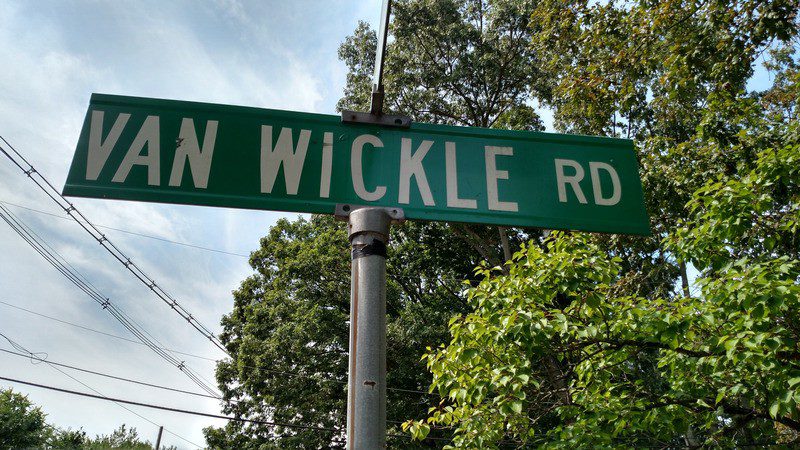Confronting the Legacy of Slavery in the North
September 25, 2017
25
Sep
2017
Public Testimony, Van Wickle Slave Ring, September 25, 2017
To the East Brunswick Township Council, New Jersey It is my honor to serve as the settled minister of the Unitarian Society, located at 176 Tices Lane, which has made East Brunswick our home since 1964. Let me express my gratitude for your attention this evening and the service you offer our civic society. In speaking before you today, I want to be clear that I speak on my own behalf. Over the summer, as I familiarized myself with local and state history, I learned of the Van Wickle Slave Ring. I believe the Council is familiar with this part of East Brunswick’s history wherein Jacob Van Wickle, a Middlesex County judge, and resident here, used his court in 1818 to send nearly one hundred African Americans into permanent slavery. At the time, once these activities were uncovered, there was public outrage and this incident of human trafficking was brought to an end. Though others were indicted, Van Wickle was not; yet the historical record makes it clear that he was at the center of this abuse of power. Not all the names of those nearly one hundred people have been saved for posterity, but some were. The names I speak aloud now are some of those people who lost their freedom: Harriet Susan Mary Augustus Rosinah, just 6 weeks old Hercules Dianah Dorcas Not fictional characters, but people with real lives: misled, stolen, sold back into slavery. Next year marks 200 years since this travesty took place. It seems a necessary and fitting time to tend to this aspect of the town’s history. The town has a street named after this infamous person. It is my understanding that at the time of the naming of that street, Van Wickle’s part in the Slave Ring had been erased — whitewashed. Those who chose his name for the street could not have known of his evil deeds.They did not know, but we know now. And we cannot unknow.I thank the Council for their recent directive of the Township Administrator to explore changing the name of Van Wickle Road, so that it is no longer the inadvertent glorification of a profiteering slave trader that it has become. I offer my support in whatever ways might be of use to help make this a reality in the near future. I know that there are others in my congregation who would do the same. This past August the nation saw Charlottesville erupt with white supremacists bearing torches and hatred. Those events moved the country to revisit the longstanding national dialogue about Confederate monuments and the ways they glorify those who fought to maintain slavery. It is too easy to think of this as a Southern issue, or an issue of some other locale. But that is not true. East Brunswick has its own commemoration of a notorious act of white supremacy. It is time we change this. Thank you for your time. Reverend Karen G. Johnston
Confronting the Legacy of Slavery in the North was originally published in Quest For Meaning on Medium, where people are continuing the conversation by highlighting and responding to this story.Tags: racism, slavery, Unitarian Universalist
Renew Your Membership
We invite you to join your fellow CLFers to renew your CLF membership and stewardship of the CLF for another year.
Support the CLF
Can you give $5 or more to sustain the ministries of the Church of the Larger Fellowship?
Newsletter Signup
Get a weekly email that includes a message from a member of the lead ministry team, news, announcements and events.
Subscribe
← 191: White Supremacy Teach-in 2 (previous entry)
About
Quest for Meaning is a program of the Church of the Larger Fellowship (CLF).
As a Unitarian Universalist congregation with no geographical boundary, the CLF creates global spiritual community, rooted in profound love, which cultivates wonder, imagination, and the courage to act.
Contact
Church of the Larger Fellowship Unitarian Universalist (CLFUU)
24 Farnsworth Street
Boston MA 02210
© Copyright - Quest for Meaning


